The root with the melodious and beautiful name ginger has been known for thousands of years for its healing properties.
It is believed that its homeland is Asia, grows in the heat and loves the tropical climate. The largest producer of ginger is Jamaica, followed by China, India, Nepal, Thailand, Nigeria and the Philippines.
It is a major component in both Asian cuisine and naturopathy.
It is used to make teas and ginger decoctions, various drinks and sauces and it is also used in confectionery. Ginger is also a spice used in many exotic dishes, mainly in the Asian cuisine. Its taste is very characteristic - sweet and spicy, with a slight lemon aroma.
100 g of the fresh root contains:
- Carbohydrates - 17.77 g;
- Protein - 1.82 g;
- Fat - 0.75 g;
- Sugar - 1.7 g;
- Fiber - 2 g;
- Cholesterol - 0 g;
- Water - 78.89 g;
- Ash content - 0.77 g;
- Total energy value of ginger - 333 kilojoules or 80 kcal;
Ginger is rich in vitamins (mg / 100 g):
- Vitamin C (Ascorbic acid) - 5 mg;
- Vitamin B1 (Thiamine) - 0.025 mg;
- Vitamin B2 (Riboflavin) - 0.034 mg;
- Vitamin B3 (Niacin) - 0.75 mg;
- Vitamin B5 (Pantothenic acid) - 0.203 mg;
- Vitamin B6 (Pyridoxine) - 0.16 mg;
- Vitamin B9 (Folic acid) - 11 mg;
- Vitamin E - 0.26 mg;
- Vitamin K - 0.1 mg.
Minerals in ginger content:
- Calcium - 16 mg;
- Iron - 0.6 mg;
- Magnesium - 43 mg;
- Potassium - 415 mg;
- Phosphorus - 34 mg;
- Sodium - 13 mg;
- Zinc - 0.34 mg;
- Copper - 0.226 mg;
- Manganese - 0.229 mg;
- Selenium - 0.70 mcg.
To the richness and variety of valuable ingredients of ginger are added phytosterols and a large number of amino acids, which important and good for the body.
Among them the most prominent are:
Aspartic acid, Alanine, Tryptophan, Threonine, Isoleucine, Lysine, Cystine, Valine, Tyrodine, Histidine, Leucine, Glutamic acid, Glycine, Proline, Serine and others.
Thanks to this variety of qualities, ginger root is a means not only to enrich spicy dishes and various pastries, but also to treat various diseases and ailments. It has antiseptic, anti-inflammatory, antimicrobial and anticancer and antioxidant effects on the body. It fights free radicals, pain and bad mood, stress, stomach problems, vomiting and nausea. Ginger can be used for many things. Of course, we can't help but mention that it is an important part of the iconic gingerbread.
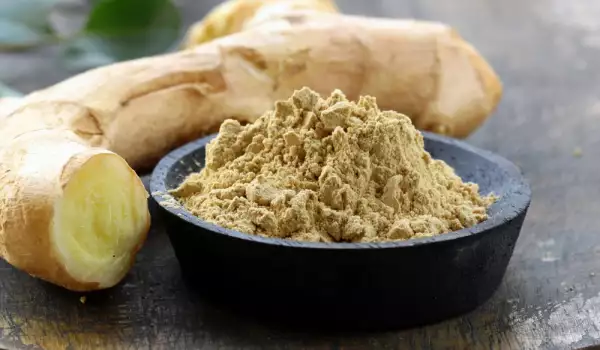
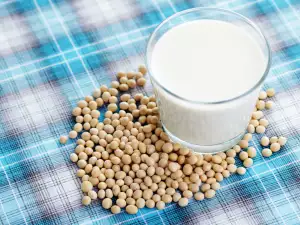






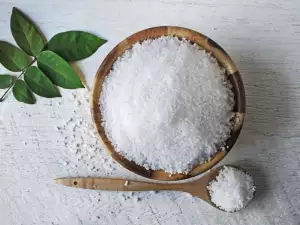

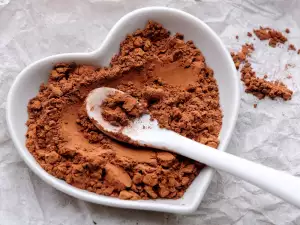
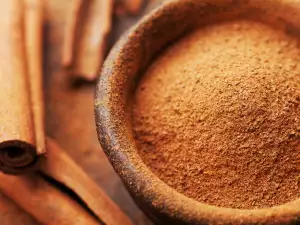







Comments